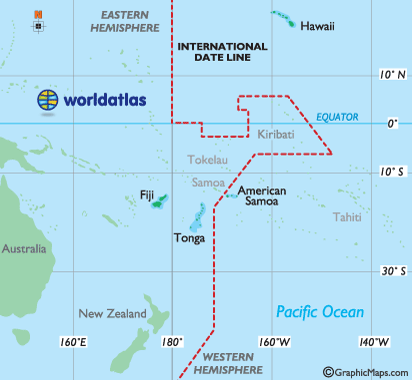The Seleucids, like the Ptolemies before them, held a mild suzerainty over Judea: they respected Jewish culture and protected Jewish institutions. This policy was drastically reversed by Antiochus IV, resulting in harsh persecutions and a revolt against his rule, the Maccabean revolt.
According to the authors of the Books of Maccabees, while Antiochus was busy in Egypt, a rumour spread that he had been killed. In Judea, the deposed High Priest Jason gathered a force of 1,000 soldiers and made a surprise attack on the city of Jerusalem. Menelaus, the High Priest appointed by Antiochus, was forced to flee Jerusalem during a riot. King Antiochus returned from Egypt in 167 BC, enraged by his defeat; he attacked Jerusalem and restored Menelaus, then executed many Jews.
When these happenings were reported to the king, he thought that Judea was in revolt. Raging like a wild animal, he set out from Egypt and took Jerusalem by storm. He ordered his soldiers to cut down without mercy those whom they met and to slay those who took refuge in their houses. There was a massacre of young and old, a killing of women and children, a slaughter of virgins and infants. In the space of three days, eighty thousand were lost, forty thousand meeting a violent death, and the same number being sold into slavery.
— 2 Maccabees 5:11–14
Antiochus decided to side with the Hellenised Jews in order to consolidate his empire and to strengthen his hold over the region. He outlawed Jewish religious rites and traditions kept by observant Jews and ordered the worship of Zeus as the supreme god (2 Maccabees 6:1–12). This was anathema to the Jews and they refused, so Antiochus sent an army to enforce his decree. The city of Jerusalem was destroyed (168 BC) because of the resistance, many were slaughtered, and Antiochus established a military Greek citadel called the Acra.
Traditionally, as expressed in the First and Second Books of the Maccabees, the Maccabean Revolt was painted as a national resistance to a foreign political and cultural oppression. In modern times, however, scholars have argued that the king was instead intervening in a civil war between the traditionalist Jews in the country and the Hellenised Jews in Jerusalem. According to Joseph P. Schultz:
"Modern scholarship on the other hand considers the Maccabean revolt less as an uprising against foreign oppression than as a civil war between the orthodox and reformist parties in the Jewish camp."
It seems that the traditionalists, with Hebrew/Aramaic names such as Onias, contested with the Hellenisers, with Greek names such as Jason and Menelaus, over who would be the High Priest. Other authors have pointed to the possibility of socioeconomic motives, as well as religious ones, as having been primary drivers of the civil war.
What began in many respects as a civil war escalated when the Hellenistic kingdom of Syria sided with the Hellenising Jews in their conflict with the traditionalists. As the conflict escalated, Antiochus took the side of the Hellenisers by prohibiting the religious practices around which the traditionalists had rallied. This could explain why the king banned the traditional religion of a whole people, in a total departure from typical Seleucid practice in other settings.

